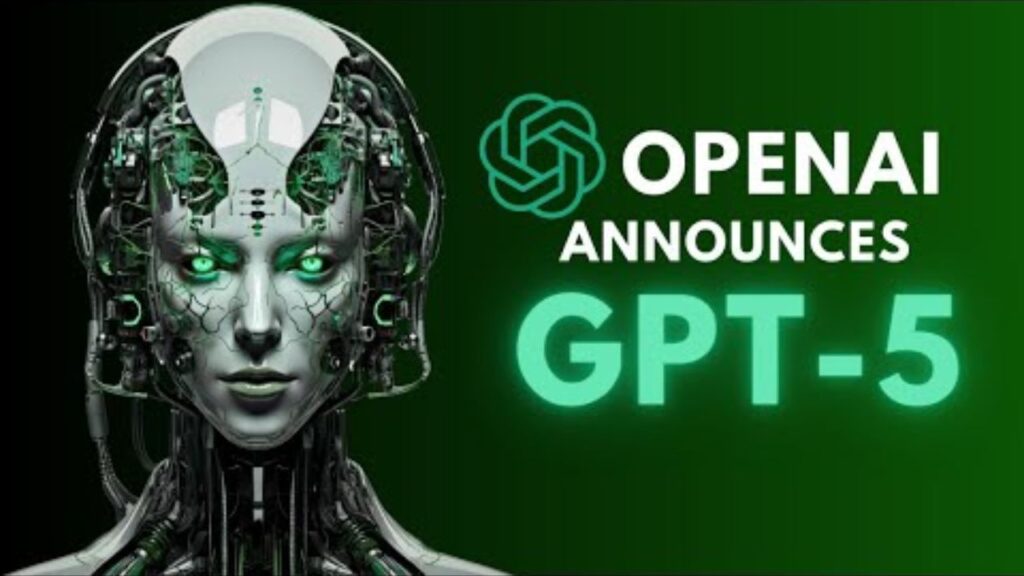OpenAI has announced the release of GPT-5.1, a major update to its flagship AI model, featuring two upgraded versions—GPT-5.1 Instant and GPT-5.1 Thinking. The update, which comes just three months after the mixed reception of GPT-5’s August debut, aims to deliver more natural conversations, sharper reasoning, and better customization for users.
The new variants are designed to handle tasks differently based on complexity. GPT-5.1 Instant focuses on speed and smoother dialogue, providing quick, human-like interactions for everyday use. Meanwhile, GPT-5.1 Thinking is built for deep reasoning and long-form problem-solving, allocating more computing power to challenging questions while keeping responses clear and accessible.
Smarter Conversations and Clearer Explanations
OpenAI says GPT-5.1 demonstrates notable improvements in reasoning, math, and programming benchmarks such as AIME 2025 and Codeforces. The “Thinking” model, in particular, reduces the use of technical jargon, aiming to explain advanced topics in plain, relatable language.
The update also introduces eight personality presets—Default, Professional, Friendly, Candid, Quirky, Efficient, Nerdy, and Cynical—allowing users to choose the tone that best suits their preferences. Additional controls let users adjust warmth, conciseness, and even emoji usage in real time across all chats.
Broader Access and Rollout
Subscribers on Pro, Plus, Go, and Business plans will be the first to experience GPT-5.1, while Enterprise and Education users will receive a week-long preview before it becomes the default model. Free-tier users are expected to gain access later. Legacy GPT-5 models will remain available for the next three months through a dropdown option for paid customers.
OpenAI’s CEO of Applications, Fidji Simo, emphasized that GPT-5.1 reflects a balance between intelligence and approachability, stating the company’s goal is to make AI that’s “not only smart but also enjoyable to talk to.”
Both GPT-5.1 Instant and GPT-5.1 Thinking will be available via the ChatGPT interface and begin rolling out to the OpenAI API later this week, with gradual deployment planned to ensure stability.

